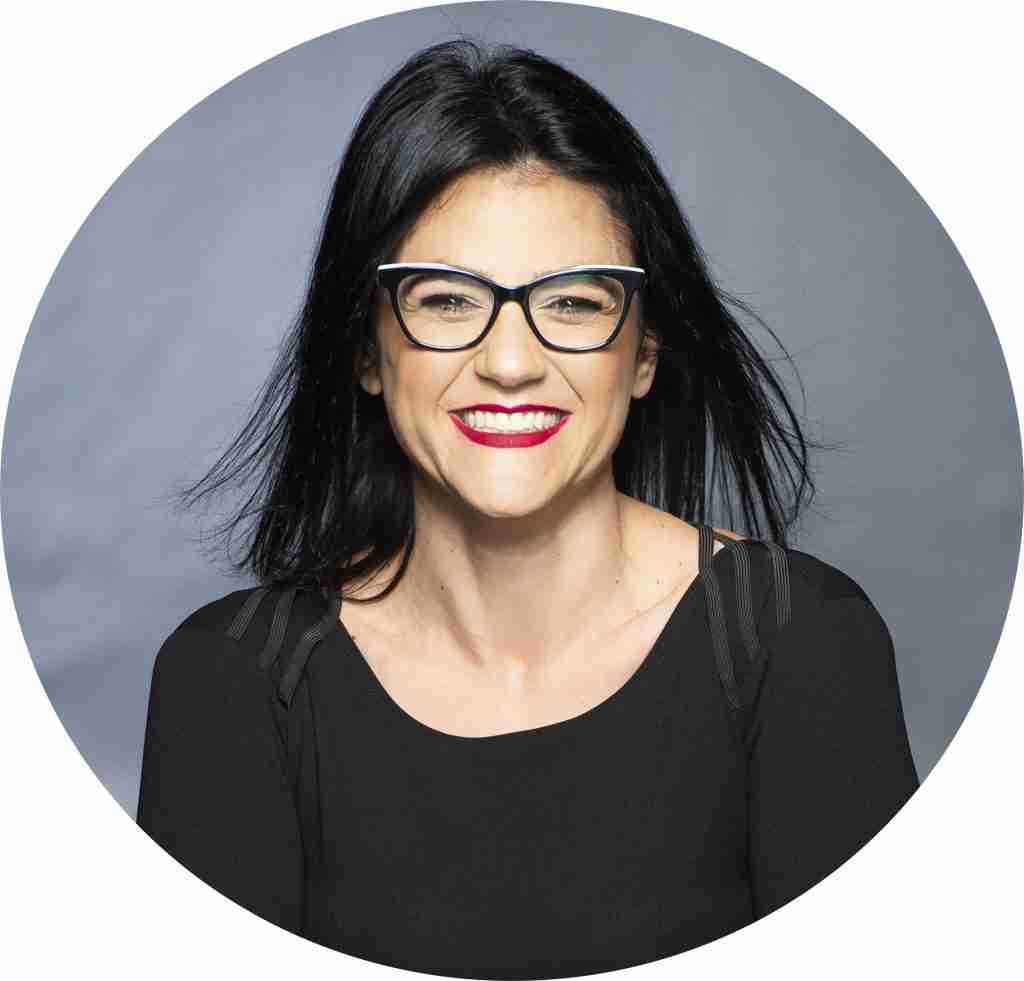According to a recent World Health Organisation (WHO) survey conducted in 130 countries, Covid-19 has disrupted or halted critical mental health services in 93 per cent of countries worldwide, while the demand for mental health has increased. Considering that, prior to the pandemic, the organisation found that many countries were spending less than 2 per cent of their national health budgets on mental health and struggling to meet their populations’ needs, the situation could become dire if ignored.
A study conducted by the Human Sciences Research Council during the first hard lockdown reported that 33 per cent of South Africans were depressed, while 45 per cent were fearful and 29 per cent were experiencing loneliness during the first lockdown period.
According to statistics recently released by the South African Depression and Anxiety Group (SADAG), as many as one in six South Africans suffers from anxiety, depression, or substance-use problems.
Their findings also reveal that adolescent mental health and depression has become of particular concern recently due to increased screen time, isolation, extended school closures, limited social interaction with peers and witnessing the negative effects of the pandemic on their families.
To support and encourage those suffering with mental health issues and to turn a spotlight on the importance of acknowledging, talking about and destigmatising mental health, several leading figures have begun to come forward to share their own experiences.
One such leader is Yael Geffen, the CEO of Lew Geffen Sotheby’s International Realty in South Africa, who suffers from bipolar II and has spoken candidly about her personal journey. She challenges others to do the same.
“It still blows my mind that we are comfortable to talk about cancer, diabetes and cardiac disease and the associated prescribed medication and yet, despite the horrifying global statistics, we are still so afraid to talk about mental health, which should be seen as no different.
“It’s still very much a taboo subject with only a few celebrities and public figures coming forward with their own stories.”
Yael’s personal mental health journey began at age 22 when she was living in New York and began to feel severely depressed, anxious and even suicidal at times.
“I sought help immediately and, with medication, therapy and personal development, I have been able to create a beautiful life filled with a successful career, amazing relationships and family.
“Tragically I have lost loved ones who succumbed to their mental illness by taking their own lives and I can truly understand how they were feeling at the time. My message is that there IS a choice, there ARE resources and there IS help – you must just take that first step.
“We are very open about it in my workplace and we are supportive of mental health days as this not only creates more loyalty but happier, healthier and more productive employees.
“Sure, my mental illness can be challenging at times, but it’s also what I consider my brilliant burden: One that allows me to be creative, highly functional and the best version of me – and I no longer carry shame about acknowledging it.
“In fact, I would like to inspire other leaders to come forward and share their stories. There is valid research that many entrepreneurs and business leaders suffer from mental illness and the studies actually show that it makes them better leaders.”
Another advocate for mental health is Mandy Herold, who is the Head of the Junior Prep at The Ridge School, an International Conscious Discipline Certified Instructor and the Connection Coach.
As a thought leader in the space of social emotional learning, Mandy has been interviewed on eNCA about anxiety in children and what she is witnessing amongst students, parents and teachers in the school environment, as well as her clients.
“If you have a body, a brain and a nervous system, you will experience anxiety because it’s a physiological sensation; it’s your body’s natural response to stress. We tell children that it’s their body’s natural alarm system that warns them when ‘something is not okay’. “Although it’s impossible never to experience anxiety, it often comes from an inability to name the emotion that you’re feeling.”
Mandy believes that mental health needs to be on top of the agenda of every governing body board meeting and staff meeting.
“Teachers have never worked harder and are under extraordinary pressure to get through the curriculum for children to be ready for the next grade. This is simply not fair. In the same way as some businesses have needed a period of recovery, schools need a recovery period too.
“The focus in our schools cannot be solely on the academic offering; our social emotional learning (SEL) needs to be explicit and authentic. We need to shift our focus from the traditional three Rs – reading, writing and arithmetic to REGULATION, RELATIONSHIPS and BUILDING RESILIENCE.
“Some of the behaviours we are seeing in the classroom are: Low self-esteem, emotional outbursts, tearfulness, oppositional behaviour, much higher anxiety, lower frustration tolerance, paranoia (if anyone sneezes or coughs, you ‘have Covid’) and an internal distractibility. At the same time, teachers are quietly suffering from burnout.
“Ultimately, as a society, we have to start having braver conversations about how we normalise our daily struggles with mental health. It’s okay not to be okay!”
If you or a loved one is suffering and needs urgent help, please contact SADAG on 0800 456 789.


